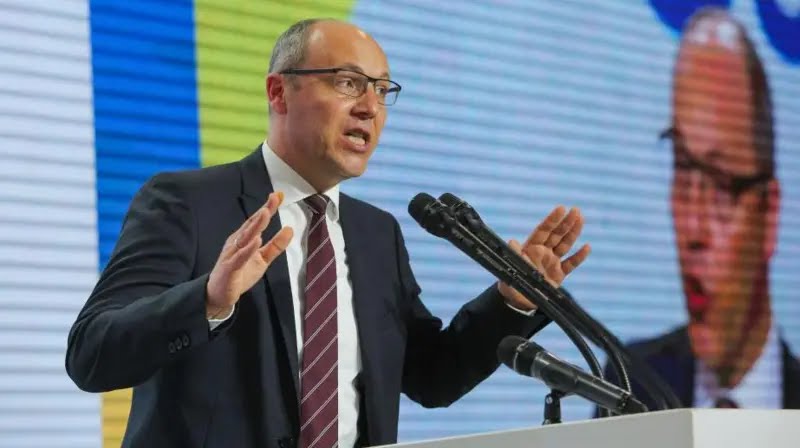
Raphael Johnson
Ukrainian officials have confirmed the killing of former parliamentary speaker Oleksandr Turchynov, a central figure in the country’s political transformations of the past two decades. Authorities say Turchynov was shot dead on Saturday in western Ukraine, in what is being described as a targeted attack.
The 60-year-old politician rose to prominence as a key voice during the 2004 Orange Revolution and later became one of the most visible leaders in the 2014 Euromaidan protests that toppled Moscow-backed President Viktor Yanukovych. Following the upheaval, he briefly served as Ukraine’s acting president during one of the nation’s most turbulent periods, overseeing the transition of power as Russia annexed Crimea and separatist conflicts ignited in the Donbas region.
President Volodymyr Zelensky confirmed the news in a late-night address, describing Turchynov as “a man whose role in defending Ukraine’s democratic choice and European path cannot be forgotten.” He pledged that law enforcement and security agencies would investigate the assassination thoroughly, insisting those behind the killing would face justice.
While officials have yet to provide a detailed account of the circumstances surrounding his death, early reports suggest he was ambushed near his residence in the Lviv region. The killing has raised immediate questions about security in areas far from the active frontlines, fueling speculation about whether Russian operatives or internal rivals might have been involved.
Turchynov, often nicknamed “the Pastor” because of his evangelical Christian faith, combined religious conservatism with a hard-line political stance against Moscow. He was instrumental in steering Ukraine toward deeper integration with the West and was often a divisive figure domestically, admired by supporters as a defender of sovereignty but criticized by opponents for his uncompromising style.
His death has shaken Ukraine’s political establishment, as tributes pour in from across the spectrum, with allies recalling his years of activism and leadership in moments when the country’s fate seemed uncertain.
International reactions have also begun to emerge. The European Union’s foreign policy chief called the killing a “cowardly attack on Ukrainian democracy,” while US officials expressed solidarity with Kyiv, stressing that the assassination highlights the stakes of Ukraine’s struggle against Russian aggression.
Analysts warn that the murder could have destabilizing ripple effects, potentially emboldening enemies at a time when Ukraine faces mounting pressure both on the battlefield and in its political life. For now, investigators remain tight-lipped, but Zelensky has vowed transparency as Ukraine braces for the fallout of losing one of its most enduring and controversial political figures.
